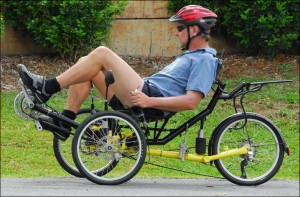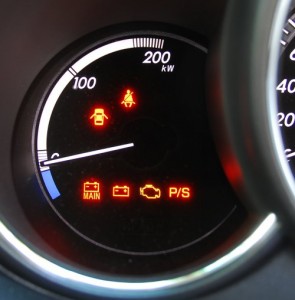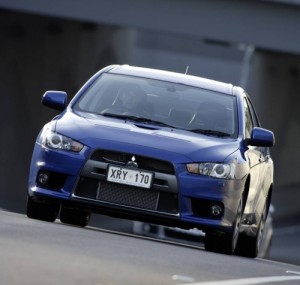People wasting away their lives…
Whenever I write a blog that makes judgments about how people choose to live, I am greeted by a paroxysm of indignant outbursts.
How dare I question the lifestyle decisions people have made?
Well, I dare to do so in just the same way as I make judgements about lots of matters: I don’t see any reason why lifestyle choices should be sacrosanct.
One of the underlying philosophies in my life has been that I believe that the paid work I undertake should contribute to the betterment of people. That does not mean that it should contribute in some massive manner, but it should – no matter how small in impact – be beneficial.
When I was a school teacher, I very much took this to heart. My love of teaching Geography – and its ability to provide a holistic intellectual framework for analysing our world – I consider to be very valuable. Therefore, I believed – and believe – that my teaching of that subject helped my students better understand their human and natural environments.
(In this I am of course not alone – in my experience, most teachers enter the profession with the implicit belief that they can help others see things in a different, better way.)
As a journalist I have also always had ‘education’ as my underlying theme.
- » Continue reading or Comments (24)

 Julian Edgar, 50, has been writing about car modification and automotive technology for nearly 25 years. He has owned cars with two, three, four, five, six and eight cylinders; single turbo, twin turbo, supercharged, diesel and hybrid electric drivelines. He lists his transport interests as turbocharging, aerodynamics, suspension design and human-powered vehicles.
Julian Edgar, 50, has been writing about car modification and automotive technology for nearly 25 years. He has owned cars with two, three, four, five, six and eight cylinders; single turbo, twin turbo, supercharged, diesel and hybrid electric drivelines. He lists his transport interests as turbocharging, aerodynamics, suspension design and human-powered vehicles.



